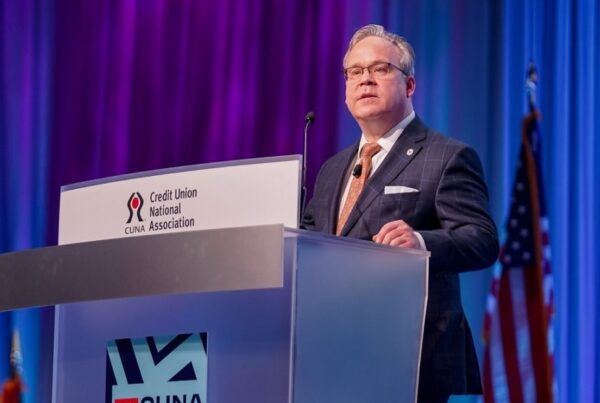There is no question that we’re facing difficult economic times, and not just because of the global pandemic recession. According to the Center for Financial Services Innovation (CSFI) 2015 Consumer Financial Health Study, 57% of U.S. consumers, or approximately 138 million adults, are financially unhealthy. Earlier this year, the United Way released the results of its study of Asset Limited, Income Constrained, Employed (ALICE) households in Washington state. Despite a stronger-than-average economy in the state over the years studied (2007-2018), 33% of Washington households either fall below the poverty rate or are ALICE households, meaning their earnings are above the federal poverty level but below the basic cost of living in the state. It’s worth noting that those are pre-pandemic numbers; they’ve grown worse in recent months.
It makes sense that those households struggle or are unable to build substantial savings, leaving them vulnerable to unexpected expenses or significant life changes. Whether it’s a sudden layoff or medical issue, they are often completely out of luck. Simply put, Americans are losing their ability to save, endangering the financial health of entire communities; during a global pandemic recession, that’s not where we want to be.
A Worsening Financial Health Crisis
Approximately 67 million US households earn low to moderate incomes (at or below 200% of the federal poverty level); an additional 54 million face income volatility. In recent months, as the COVID-19 pandemic has continued to surge, so have the numbers of underemployed Americans (those forced to take low-paying, low-skilled jobs). Because they lack sufficient credit history or have credit scores below 600, these financially underserved consumers have difficulty accessing traditional forms of credit and engaging in credit-building activities. This impacts the poor, ALICE households, recent immigrants, young people newly on their own and those whose credit has been damaged by the global pandemic recession, all of whom face extreme challenges proving their creditworthiness. Nindety-one million Americans have subprime credit scores or no credit score at all because of a lack of sufficient credit history.

Overall, the job sectors hit the hardest by the global pandemic recession – restaurants, brick-and-mortar retailers, hotels – pay the lowest wages. Low-income workers tend to have lower credit; thus, those with subprime credit scores suffer even more during COVID-19 surges. It’s easy to see how financial stress and economic shockwaves can ripple through a community. The same is also true for positive economic impacts. The most effective way to restore a community’s financial stability is to ensure the most vulnerable households have access to the consumer credit they need, when they need it.
Restoring Financial Health
Credit unions have a long, proud history of championing members’ financial health and not merely improving their lives but strengthening their communities. A community’s financial well-being can be measured by the health of its day-to-day financial systems. When American households are in good financial health, they’re able to invest and spend more in their communities. Small dollar lending is the most direct impact credit unions can have the larger community. The products and services credit unions offer, like payday alternative loans (PAL) and Paycheck Protection Program (PPP) loans, increase members’ and small businesses’ resilience. This in turn increases economic opportunity throughout the entire community, improving its financial well-being. Even larger for-profit banks like Chase have come to recognize the role small dollar lending plays in restoring community financial health during this crisis.

Washington state has 3.58 million credit union members, roughly half the state’s population. Large Washington credit unions like WSECU and BECU provide members with access to affordable credit, making members’ lives easier and improving the financial health of the entire state. Even so, with such a high percentage of ALICE households and households below the poverty line, other community members are recognizing they have work to do as well. Like other states, Washington is plagued by the effects of decades of economic and racial inequality. Although our state is faring better than most through the global pandemic, Washington residents are still hurting. Government programs can only go so far; both nonprofit and for-profit sectors have important roles to play as well. Just as improving members’ financial well-being has an impact on the community at large, it will take the efforts of the entire community to restore our state to financial health.
QCash Financial proudly provides fintech solutions that help credit unions ensure the financial health of their members and, thus, the community at large. The speed and efficiency of our small dollar lending programs improve access to the credit members need in difficult times. Basing lending decisions on relationships rather than solely on credit scores – which can be impacted almost beyond repair during a recession – further enhances that access when it does the most good. By helping restore members’ financial stability, credit unions earn their continued loyalty. That means forging relationships that last. Going into 2021 and beyond, that’s to the benefit of credit unions, members and small businesses – indeed, the community at large.
Our blog regularly features articles about the various financial issues facing our community at the end of 2020 and beyond. For more information on QCash Financial’s small dollar lending or financial wellness services, please contact us.






